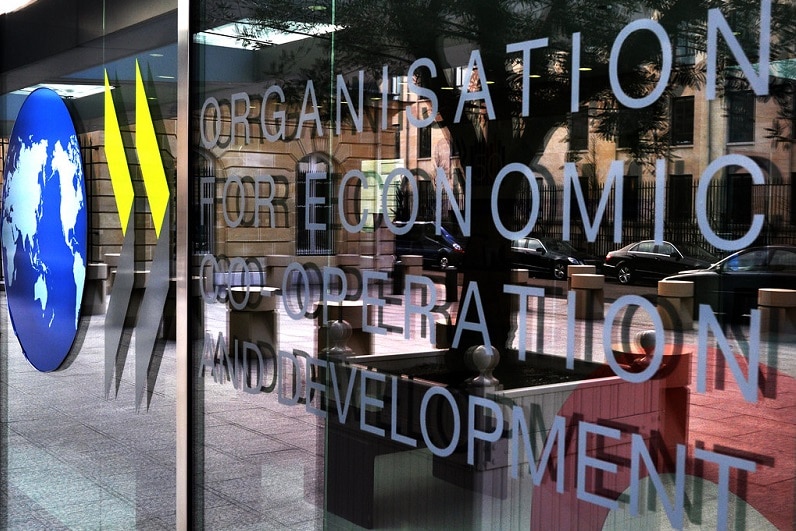Contents
Key facts:
The system has a messaging system and a registry of cases of corruption and immutable.“These systems allow you to build a reputation,” said Gutierrez, as one of its advantages.The Organization for Economic Cooperation and Development, also known as OECD, will use a system developed in the blockchain of RSK to improve its services, anti-corruption measures. The collaboration was announced on the 12th day of September, in the Forum of Public Policies for Blockchain held in Paris, France.Diego Gutierrez Zaldivar, CEO of RSK Labs, and Simone Rivabella, representative of the division of anti-corruption of the OECD, presented the project to the community of the blockchains and government representatives. The new network, according to the words of Rivabella, has the objective of improving the current system that has the organization and provide greater transparency in the investigation of cases of corruption.
In the Forum #oecdblockchain, @dieguito of @RSKsmart presents a draft anti-corruption that they have been doing with the @OECD pic.twitter.com/P6XEBlMf0z— Mauricio Tovar (@maurotov) September 12, 2019
In recent years, the OECD has been using an anti-corruption network that allows the sharing of governmental contacts. It also has a messaging system and a database with evidence of cases of corruption at the international level. However, Rivabella points out that such a network has several disadvantages that have led you to update it.For example, the representative of OECD said that the old system has difficulties to the communication between organizations. In the same way, because the network has a centralized structure, its data is only updated once a year. Because of this, in 2018 they decided to meet with experts from blockchain developers and IT to form a new system.
A network based on the reputation
Simone Rivabella explains that the new anti-corruption network of OECD-developed in the blockchain RSK allows you to record real-time information and certifying its immutability. That is to say, it is a system timestamp or what is known in Spanish as “sealing time”, a mechanism of blockchain that allows you to verify that the data have not been altered.The project also has its own record of online contacts, a messaging system that is encrypted and the ability to constantly update the data of cases of corruption. Diego Gutierrez also stressed that the network can be audited in real-time by anyone, a feature that increases its transparency.Gutierrez noted that a blockchain allows you to constitute new services based on reputation and not only in the confidence. “In this sense, users do not have to blindly trust the word of another, but in the data immutable, the system and its levels of transparency”.
200 cases of uses governmental
The Public Policy Forum of Blockchain, sponsored by OECD, met on 12 and 13 September, more than 100 personalities of the ecosystem, academics and representatives of government. In the event has intervened, the Minister of Economy of France, Bruno Le Maire, who noted that French territory would not allow the use of a Pound of Facebook. Also, also attended by representatives of the project Pound, who have defended themselves from the accusations of Le Maire.The ecosystem of Latin america has also been very active in this forum, counting with the presence of guests in addition to the startup, argentina RSK Labs. The initiative I City also attended the conference, along with the researcher ViveLabBogotá Mauricio Tovar, and Mario Marcel Cullell, president of the Central Bank of Chile.The authorities of OECD claim that a total of 200 cases of the use of blockchain at the government level are taking place currently. Also presented at the forum several related projects, with blockchains from the government, one of them carried out in Estonia.

